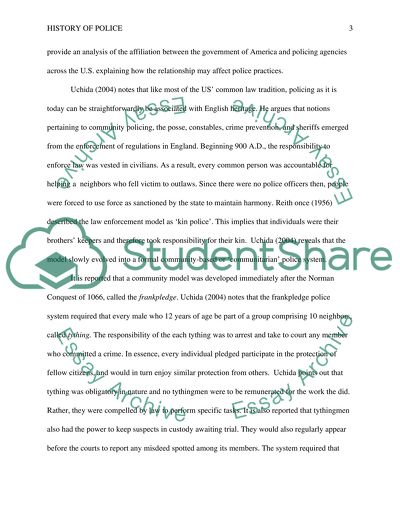Cite this document
(“History of Police in America Essay Example | Topics and Well Written Essays - 1250 words”, n.d.)
Retrieved from https://studentshare.org/law/1456629-policing-in-america
Retrieved from https://studentshare.org/law/1456629-policing-in-america
(History of Police in America Essay Example | Topics and Well Written Essays - 1250 Words)
https://studentshare.org/law/1456629-policing-in-america.
https://studentshare.org/law/1456629-policing-in-america.
“History of Police in America Essay Example | Topics and Well Written Essays - 1250 Words”, n.d. https://studentshare.org/law/1456629-policing-in-america.


